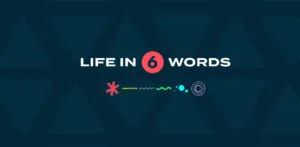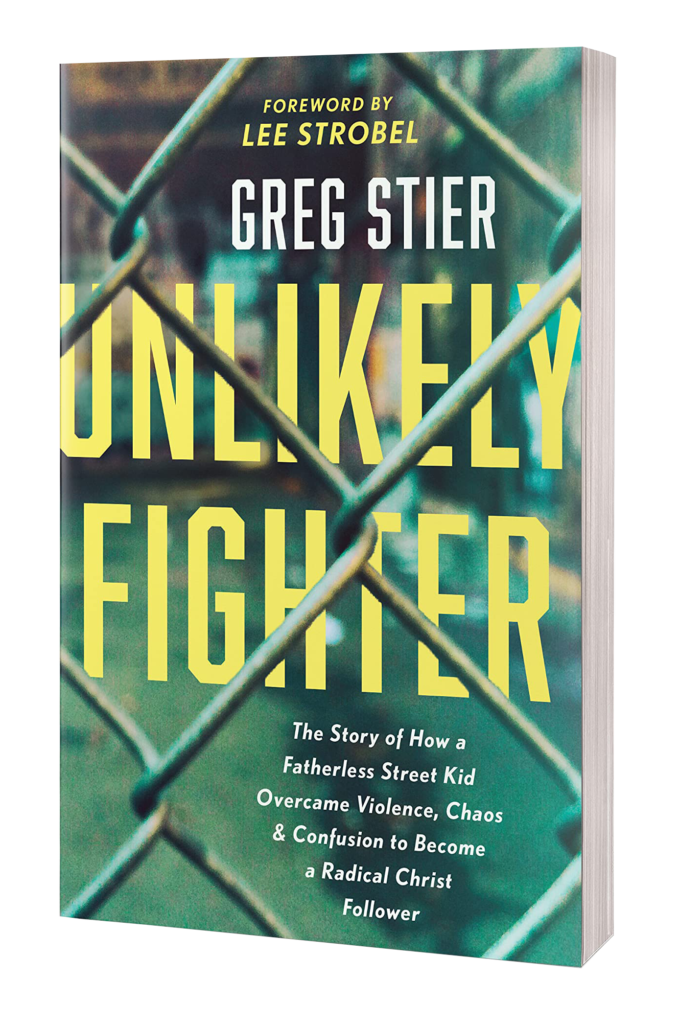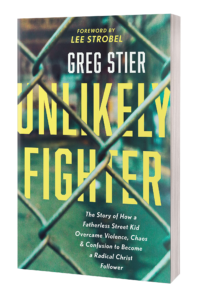I hate board games with the white hot intensity of a thousand suns. The two main reasons are that:
- I’m very competitive.
- I’m very bad at board games.
Competitiveness when added to incompetency is a lethal mix for a night of fun. In other words you don’t want to invite “life of the party” Greg to your board game night. I’ll be the party pooper.
Growing up the one board game exception for me was Monopoly. I actually enjoyed that game as a kid. I liked picking out which icon would represent me (top hat, mini race car, etc), trying to aquire properties and the like. And there was something about winning that “Get out of jail free” card that made me very, very happy. Just knowing that if, through the roll of the dice, I ended up in jail I could whip out my special card and be out Scott free. Yeah!!!
To be honest I wanted to carry the card around with me all the time. It seemed powerful beyond the game. I wondered as a little kid growing up in a high-crime-rate neighborhood if I could use the “Get of jail free” card if I got in trouble with the cops. I wanted to put it in my back pocket and use it at school (for those trips to the Principal’s office), at home (for the times Ma got mad at me for forgetting to clean my room or chores) or whatever other tough situation I was in.
Sound stupid? Before you yell “YES” out loud consider this: Most Christians today are carrying them around and using them wherever they go. Adults, teenagers, pastors, youth leaders, moms and dads alike often pull that special little card out when it comes to evangelism. I see at least three different types of these “Get out of jail free” cards when it comes to sharing the message of Jesus:
- The “Preach the gospel if necessary use words” Card
I’m sure you’ve read this bumper sticker quote somewhere. It sounds cool. While I’m sure that St. Francis never intended it to be a “Get out of jail free” card for evangelism that’s how many Christians today have interpreted it. Some well meaning ministers wield that quote like a light saber, defending themselves from the Storm Troopers of evangelistic guilt. I’ve heard this mantra at conferences, churches, conventions, small groups, large churches, anywhere and everywhere where an anti-evangelism mindset is imbedded in the speaker’s soul. There’s seven words from Shakespeare that I’d like to share with those who are so enamored by the seven words of St. Francis:
“The lady doth protest too much, methinks.”
Some ladies and gentlemen “protest” so loudly against verbally sharing their faith it becomes an obvious smokescreen for something dark and hideous under the fog: evangelism guilt. It is truly hard to kick against the goads (Acts 26:14) when it comes to outreach if you read the Bible seriously, literally and obediently. Jesus commands us to go into all the world and make disciples of all nations and to be his “witnesses in Jerusalem, Judea, Samaria and to the uttermost parts of the earth.” Each of the gospels depict Jesus traveling, ministering, healing and evangelizing all across Israel. The book of Acts is the story of how the disciples of Jesus took the gospel throughout the Roman Empire in about three decades. You just can’t read the New Testament and evade evangelism, the kind of evangelism that uses words just like Jesus and the disciples did.
Evangelism doesn’t just imply, it flat out demands, that we lovingly, intentionally and strategically seek to convert EVERYONE on this planet to Jesus…EVERYONE! This means we are compelled to convert Muslims, Buddhists, atheists, agnostics, Jehovah’s Witnesses, typical Joes and Jolenes with no overarching religion, monks, punks and skunks to Jesus Christ. Okay, I’m sorry. I put the word “skunks” in there because it rhymed with monks and punks. It’s a terrible preacher habit and I’m sorry for it.
How do we do preach the gospel to everyone? We do it with hearts filled with compassion and knees bent in prayer. We do it strategically by painting a crystal clear picture of the gospel message that tells the whole story of the gospel in a way the postmodern mind and soul can relate to and embrace. We seek to gently convince them that Jesus is “the way, the truth and the life”. We share that message with our words and we back it up with our lives. Then we allow the Holy Spirit to do his work in them, being confident that he is more gentle, powerful and persuasive than we could ever be.
A seminary student was once on a plane with Dr. Howard Hendricks and asked the godly professor, preacher and man of God something like, “Which kind of evangelism is more important, lifestyle or confrontational evangelism?” The wise teacher answered, “Which wing on this plane is more important?”
Point made. We must live the gospel incarnationally for all to see and we must share it verbally for all to hear. No “Get out of jail free” card here.
2. The “Confrontational evangelism doesn’t work” Card
I don’t know who coined the phrase “confrontational evangelism” but I have a problem with that word duet for two reasons. First of all it strongly implies that verbally sharing the gospel with a stranger, neighbor or friend is a confrontational and, therefore, negative act. It sounds more like an assault than a conversation. Maybe what they mean by it is the bullhorn, bully evangelists who scream, yell, point and judge the sinners they encounter on the street corners. Then why not call it “Bully evangelism” or “Scream evangelism”?
Secondly, ALL evangelism, if done effectively, is somewhat confrontational. The term “confrontational evangelism” implies that there are kinds of evangelism that are not confrontational at all. But when you are sharing the gospel message, no matter how loving you share the message, you are confronting a worldview with the truth of Jesus. As a matter of fact all you have to do is to look to Jesus and see the vast number of times he confronts on some level almost everyone he encounters with the truth. From the woman at the well to Nicodemus to the Pharissees to Peter to the crowds, Jesus was consistently confronting people with the truth. To be like Jesus demands we become masters at confrontation.
Again this confrontation can and should be done with “gentleness and respect” (2 Timothy 2:23-26), shared as a meta-narrative or story that just happens to be true (Acts 17:24-31), fueled by love (1 Corinthians 13:1-8) and empowered by the Spirit (Ephesians 5:18), but it is confrontation nonetheless.
3. The “I don’t have the gift of evangelism” Card
Whenever I hear “Well I don’t have the gift of evangelism like you do.” I feel like saying (and sometimes do) “Well I don’t have the gift of mercy but I’m not going to walk over some poor person who has broken their leg in the street just so I can get my triple Venti latte before the line at Starbucks forms!” (okay I did it once but vow never to do it again!)
Evangelism and mercy are both commands. It’s called “The Great Commission” not “The Good Suggestion.” Yes, some people have the gift of evangelism and their primary mandate according to Ephesians 4:11-12 is NOT to do all the evangelism themselves but to equip God’s people to do it!
So what’s your “Get out of jail free” Card for evangelism? Is it the “Use words if necessary” card? or the anti confrontational evangelism card? or the “I don’t have the gift” card? or the “I’m too postmodern cool to care about something barbaric and modern like evangelism” card?
Whatever it is imagine that you’re a hippie from the seventies and burn it like a draft card. And then share the good news with your life, with your love and with your words to everyone you encounter.
Just like Jesus did.






